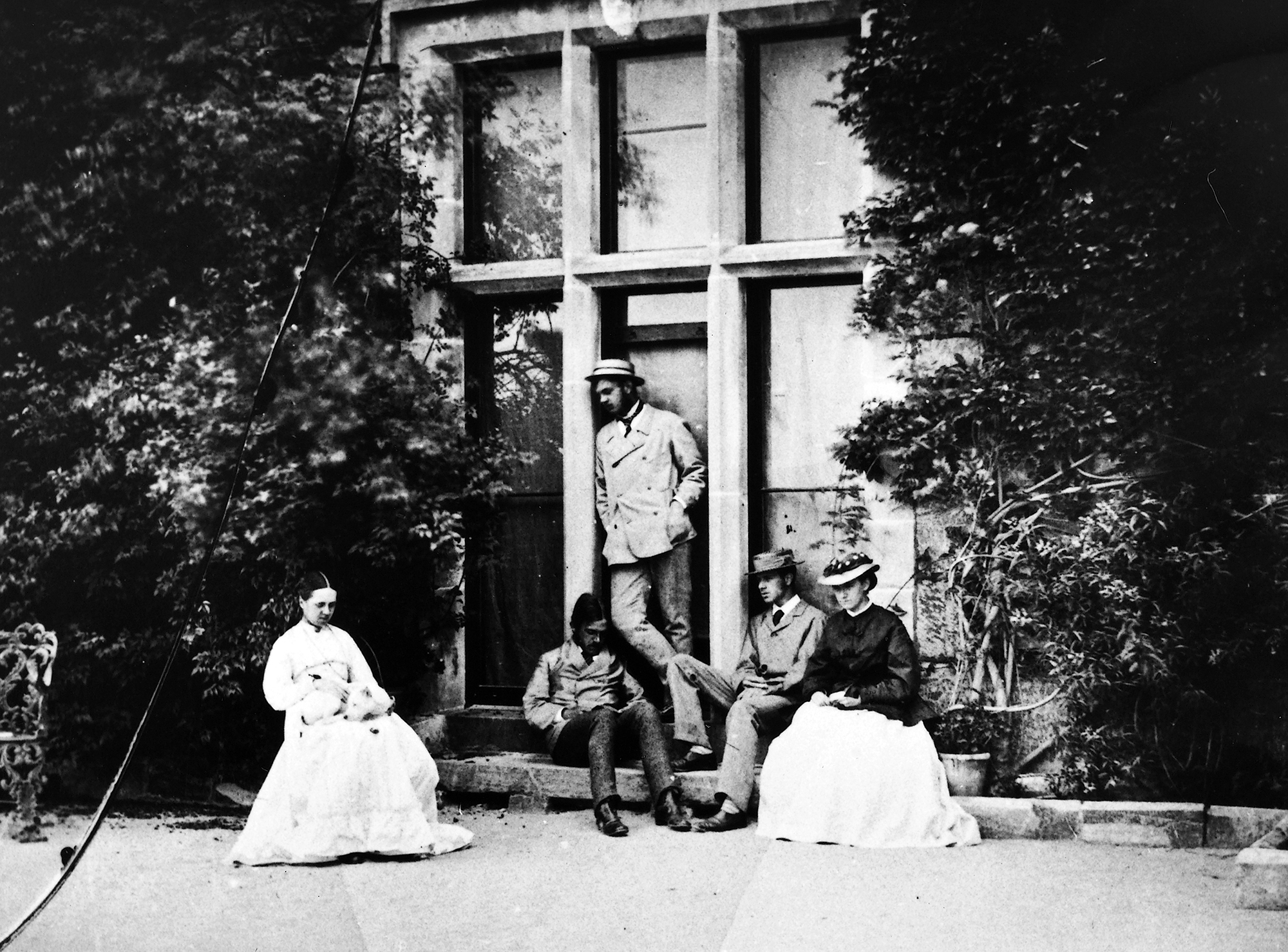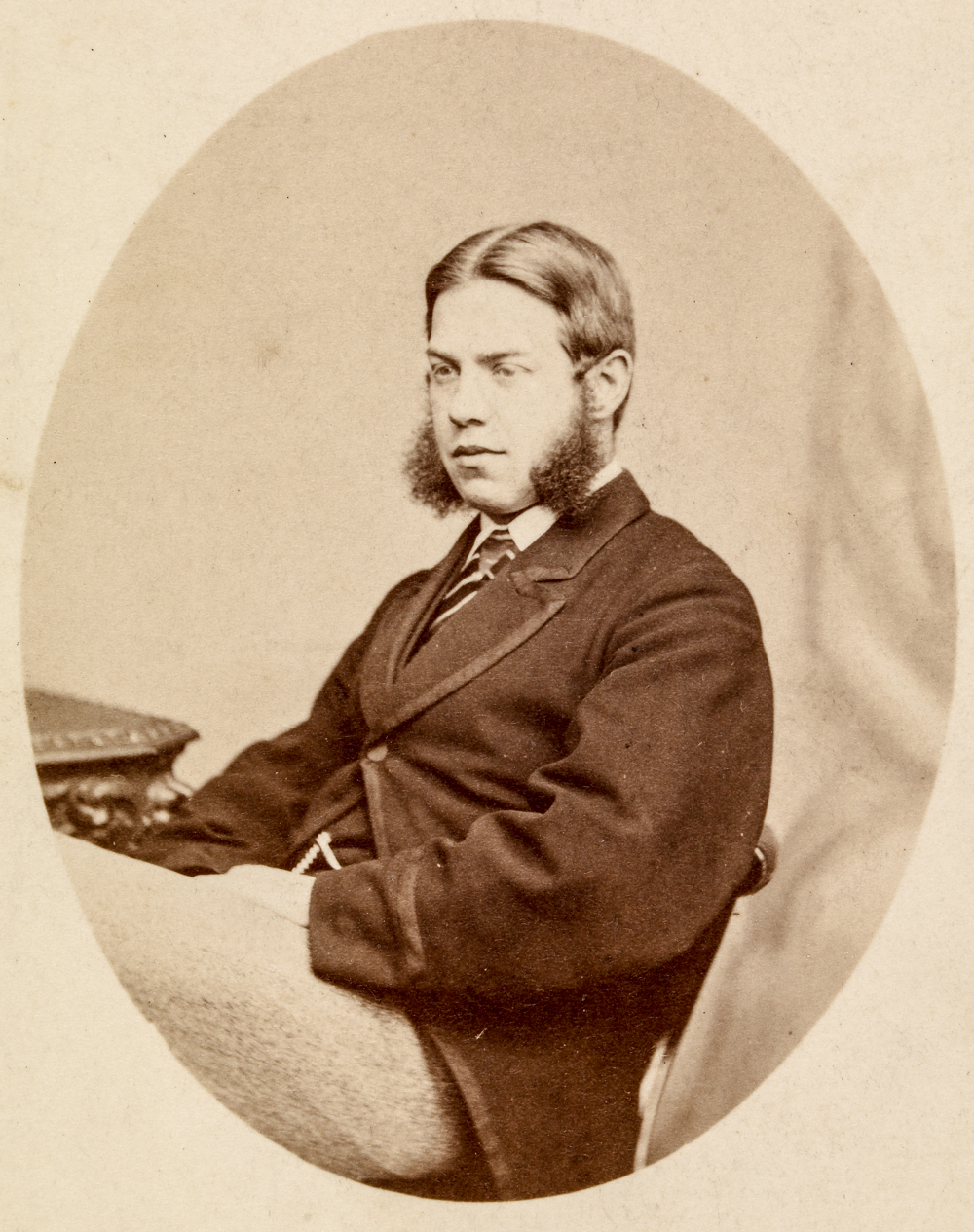News of family and friends.
Caroline repeats story told to R. W. Darwin of FitzRoy's feeling of obligation to Captain John White, from whom he gained release to marry Miss O'Brien.
Fanny Biddulph has had a son.
Syenitic granite from Norway carried as far as Osnabruck.
Has met warm reception in Germany.
Leopold von Buch mistaken in believing that granite overlies transition rock in Norway. Granite sends veins into transition and gneiss.
Has been examining fossil shells of Crag with Heinrich Beck. Beck admits some shells are of species still living.
CL still believes Eocene, Miocene, and Pliocene are satisfactory divisions of Tertiary epoch.
Preparations for the wedding, various callers, and other bits of news.
Thanks for CD's comments on "sketch".
Lengthy discussion of geographical distribution and island floras.
Has been "delighted with" [Robert Chambers'] Vestiges [of creation (1844)].
Galapagos flora work goes on well.
Debates aberrant species, e.g., Ornithorhynchus and Echidna, with JDH. CD argues they are result of extinction having removed intermediate links to allied forms.
Studying effects of disuse in wings of tame and wild ducks.
Tabulations showing that number of species in a genus is not correlated with number of genera in an order.
Thanks for HS's Essays: [scientific, political, and speculative, vol. 1 (1858)]. Admires his general argument for the development theory.
CD is preparing an abstract on change of species. He treats subject as a naturalist, not from a general point of view. Otherwise he might have quoted HS's argument to great advantage.
CD particularly liked articles on music and style. Expression is a favourite topic with CD. Agrees all expression is biological.
Queries on expression among Fuegians and Patagonians.
Comments on corrections [in Origin, 2d ed. (1860)], especially on use of Wallace's name.
Discusses human evolution with respect to CL's work. Cites expression as a source of evidence.
Andrew Murray's criticisms of the Origin involving blind insects in caves [Edinburgh New Philos. J. n.s. 11 (1860): 141-51].
Humorously describes human ancestors.
Answers to queries on expression with respect to Fuegians.
Gives observations on the habits of the "agricultural ant" of Texas.
Darwin Correspondence Project
darwin@lib.cam.ac.uk
© University of Cambridge 2022
Website by Surface Impression



© 2024 University of Cambridge

